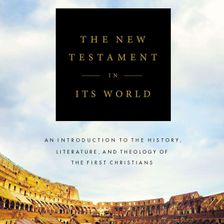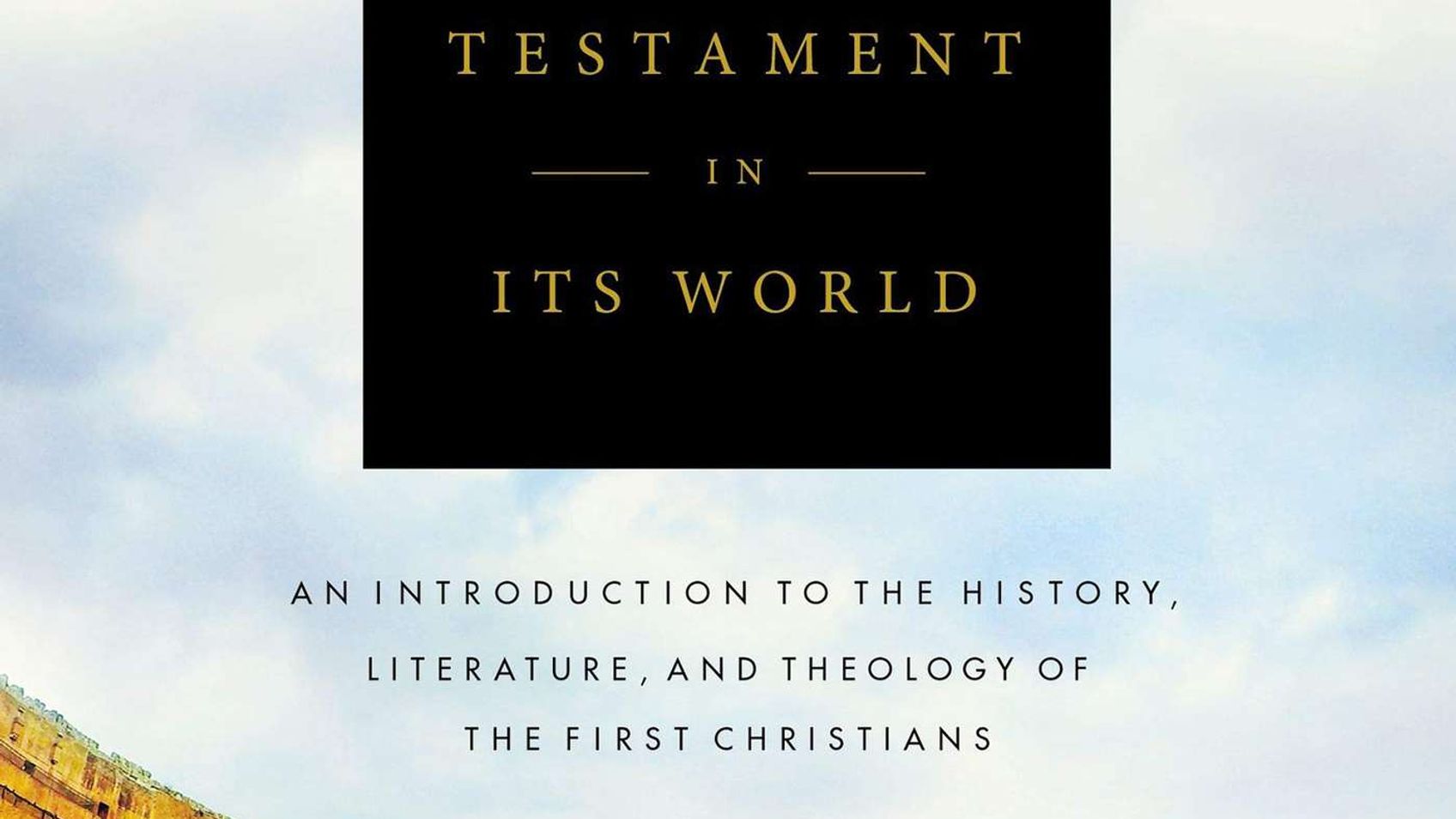Why was Paul so controversial?

Welcome to the third in a six-part series delving into the benchmark book The New Testament In Its World.
Co-author Michael Bird takes us through the text he wrote with N.T. Wright, this episode examining the historical figure of the Apostle Paul, a figure who has come to represent the most hard-line aspects of the Christian faith.
On the chopping block are important questions like,
* What was Paul's significance to the early church?
* Where does the controversy emerge in his work?
* How does Paul's work lead us to rethink God?
You can buy a copy of The New Testament In Its World here.
If you're following along with The New Testament In Its World, this episode covers key issues in Part V: Paul and the Faithfulness of God:
1. The Story of Paul's Life and Ministry
2. A Primer on Pauline Theology
More From Delving Into The New Testament In Its World





More on OpenTheo















